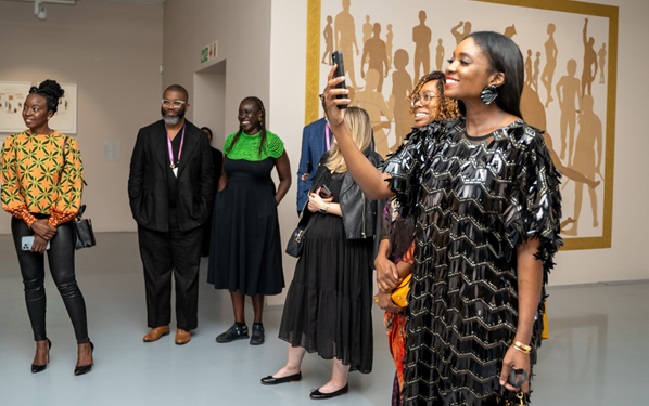MEDIA, BUSINESS, government, technology, and community leaders from across Africa and internationally recently gathered in Cape Town, South Africa for this year’s annual Africa Business Media Innovators (ABMI) forum.
The meeting brought together a cross section of leaders to explore innovative approaches to fostering a vibrant media sector in Africa.
Co-hosted by M. Scott Havens, CEO, Bloomberg Media, Matthew Winkler, Editor-in-Chief Emeritus, Bloomberg News, and Erana Stennett, Corporate Philanthropy Middle East and Africa, Bloomberg, the ABMI forum run from October 30 to November 1.
Focusing on the ideas and business solutions that could contribute to the future of media and journalism in Africa, the forum brought together a range of speakers including media owners, Senior Editors, business leaders, government offices, community leaders and philanthropic organisations from over 10 countries.
There were speakers on a range of topics from the influence of AI and digital technologies on media in Africa, to the future of work in the newsroom and the sustainability of legacy publications across the continent.Day one concluded with a Gala Dinner at the Zeitz Museum of Contemporary Art Africa in Cape Town, followed by a private tour of Mary Evans’ exhibition ‘GILT’, led by Koyo Kouoh, Executive Director, and Chief Curator, Zeitz MOCAA.
The annual event forms part of the Bloomberg Media Initiative Africa (BMIA), a pan-African program launched by Michael R. Bloomberg in 2014. The initiative is designed to advance business journalism in Africa and accelerate development of a globally competitive media and financial reporting industry.
Earlier this month, Bloomberg expanded its executive education programme in business and financial journalism, BMIA Financial Journalism Training (FJT), to Cote d’Ivoire and Senegal. Offering the programme in French for the first time, more than 100 delegates joined the new training cohorts. This follows the successful implementation of the programme in Ghana, Tanzania, Zambia, Nigeria, Kenya and South Africa. To date, the FJT programme has reached 800 participants from 16 countries across the continent.


